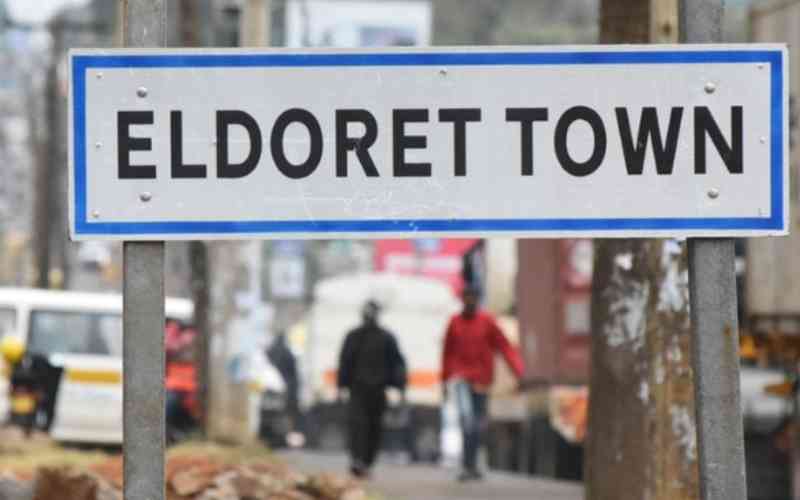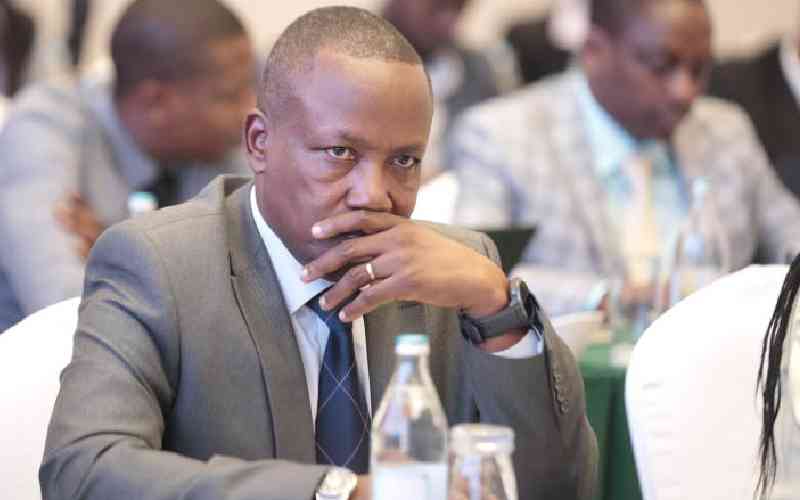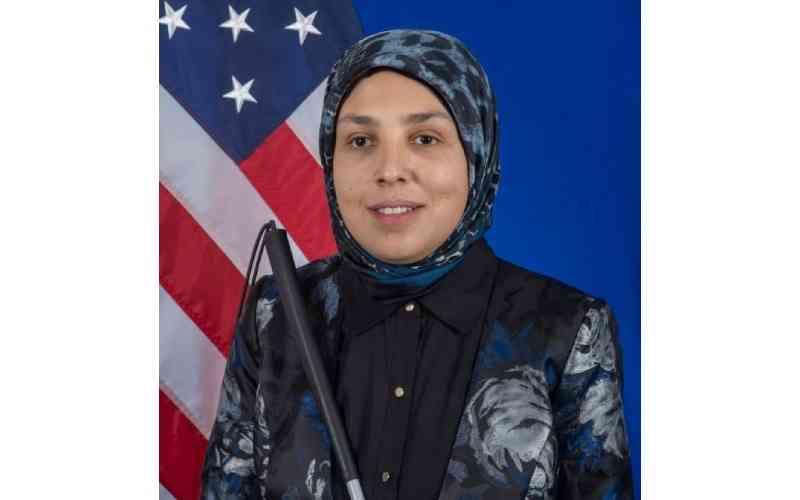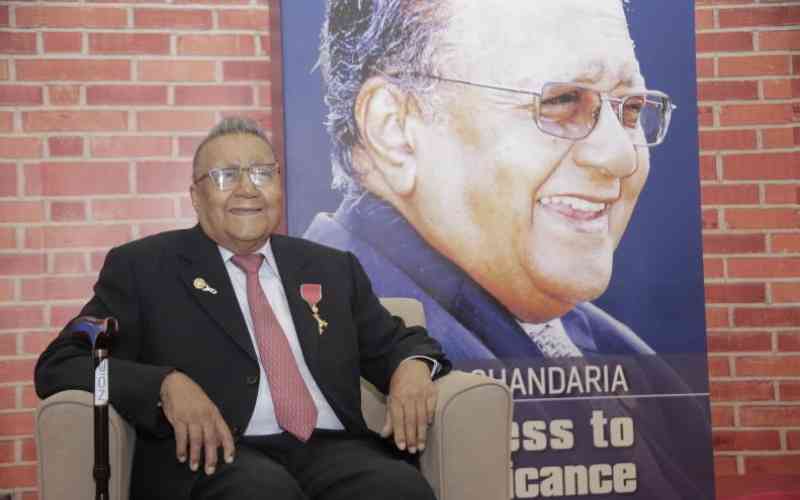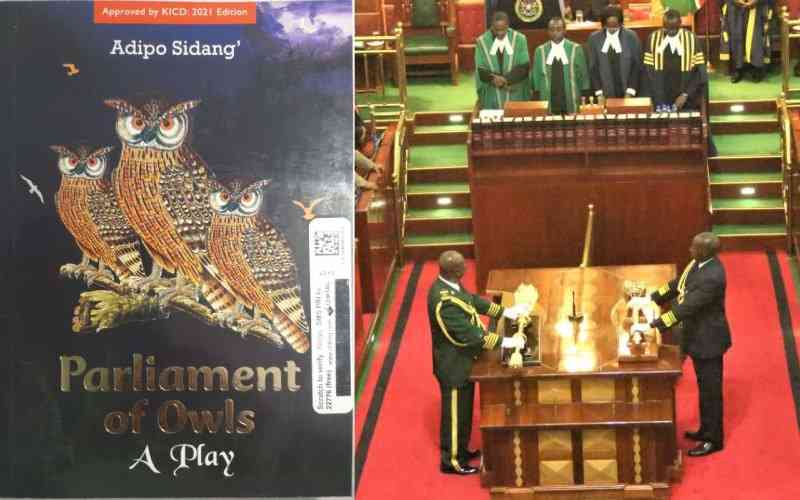
Some people see an eerie similarity between Kenya’s current political situation and Adipo Sidang’s Parliament of Owls.
I see a parable, not at all ahead of its time, but of what has always been: a sort of universal script from which we borrow every so often as a country (albeit with periodical breaks of deceptive political sanity).
Whatever the case, we all agree on one thing: once what we could have read in this book and felt distant, now we read and feel as though we are in the book.
These are touchy times - national sensitivities are at an all-time high. The last three weeks have been a curious period in the history of our country. Kenyans (the majority of them young people) took to the streets to protest the proposed Finance Bill and to express their displeasure with the government.
The widespread protests prompted the government to look into itself and respond to avoid a crisis.
Senator Otieno Kajwang’ while speaking at a recent session in Parliament drew the similarities between the 13th Parliament with the Parliament of Owls, for being sellouts and insensitive to the plight of citizens. A fitting comparison, especially because reading this play now feels exactly as if it was written about this Parliament.
Adopted from a collection of poems published in 2016 under the same name, this play is an allegory set in the Bird Kingdom, ruled by an elite class of owls who have cast themselves as the only birds with the capacity to think intelligently and make good laws for the prosperity of the kingdom.
At the head of this structure is the mysterious, almost divine-like Royal Owl, Tula Nyongoro.
The tone of the play is set immediately in the first few paragraphs during the conversation between Osogo (a weaver bird) and Red String (a sycophant owl in the Royal Tree) when Osogo asks Red String: “You break the same rules your parliament makes?” and the response is, “Well, rules are there to be broken, aren’t they?”
Except these rules can only be broken by the night birds, specifically the owls, whose rule has created this kingdom of un-unequals and hence the unending struggles between the day birds and the night birds. The Omnivores and the Big-eyed versus Grain-eaters.
The day birds are protesting a Bill- The Moonlight Bill- that proposes a Moonlight tax that is purported to be beneficial to all birds but is clearly meant to benefit only the owls.
Moonlight Bill would ensure the owls get more fried rats, baked mice, honey and mayonnaise by introducing an illegal tax at a time when the rest of the birds are faced with imminent hunger.
Similarly, the highest law-making organ - the Parliament - and high offices are puppet organs full of incompetent owls that were mere cooks in Royal Owl's kitchen, led by Money Bags who has a majority of loyal owls in his payroll, hence facilitating the passing of the bill despite protests.
Treason threat
And to top it all - I’m not making this up - String says to tell those who call him out for these inequalities: “That's now treason. We will charge you!”
In the past, writers have used satire to criticise governments. For instance, Ngugi wa Thiong'o has written about the atrocities in the young republic at the time, especially in Petals of Blood (the Nigerian, musician version of Ngugi would be Fela Anikulapo Kuti who fought Obasanjo).
But to see it fit your situation word by word is surreal.
For instance, we for sure cannot tell the difference between the hooting and looting, screaming and squawking, boasting and belching parliament of owls from our greedy, money-hungry, and certainly Arum Tidi, the hornbill that sees its reflection in the water and attacks it.
The source of the idea of the quest for freedom or change, in this view, requires not only some initial contact with a (comparatively) okay period but also a collective hope for an even better future: There must be somewhere better - oh, most lethal of ideas!
It also requires selfless sacrifice, which can only come when people have hope in the outcome of the quest (or commonly, like in the case of oyundi in the play, have nothing more to lose.) The question is what to make of a diminished thing like (in our case) our collective hope - which has been punctured differently for every individual by our different governments.
In the end, the day birds through an oyundi-led revolution (oyundi is a small, weak bird compared to the predatory owl) manage to wittily overthrow the Parliament of Owls to replace it with a fairer, the Flock of Birds.
This, perhaps unintentionally, is the author's big lesson: You can do it, but remember, a system is only replaced by (another) system. Not an individual.
And from the timelessness of its message: To encourage us to challenge all those places where the fabric of our democracy has been put into question.
 The Standard Group Plc is a multi-media organization with investments in media platforms spanning newspaper print
operations, television, radio broadcasting, digital and online services. The Standard Group is recognized as a
leading multi-media house in Kenya with a key influence in matters of national and international interest.
The Standard Group Plc is a multi-media organization with investments in media platforms spanning newspaper print
operations, television, radio broadcasting, digital and online services. The Standard Group is recognized as a
leading multi-media house in Kenya with a key influence in matters of national and international interest.



